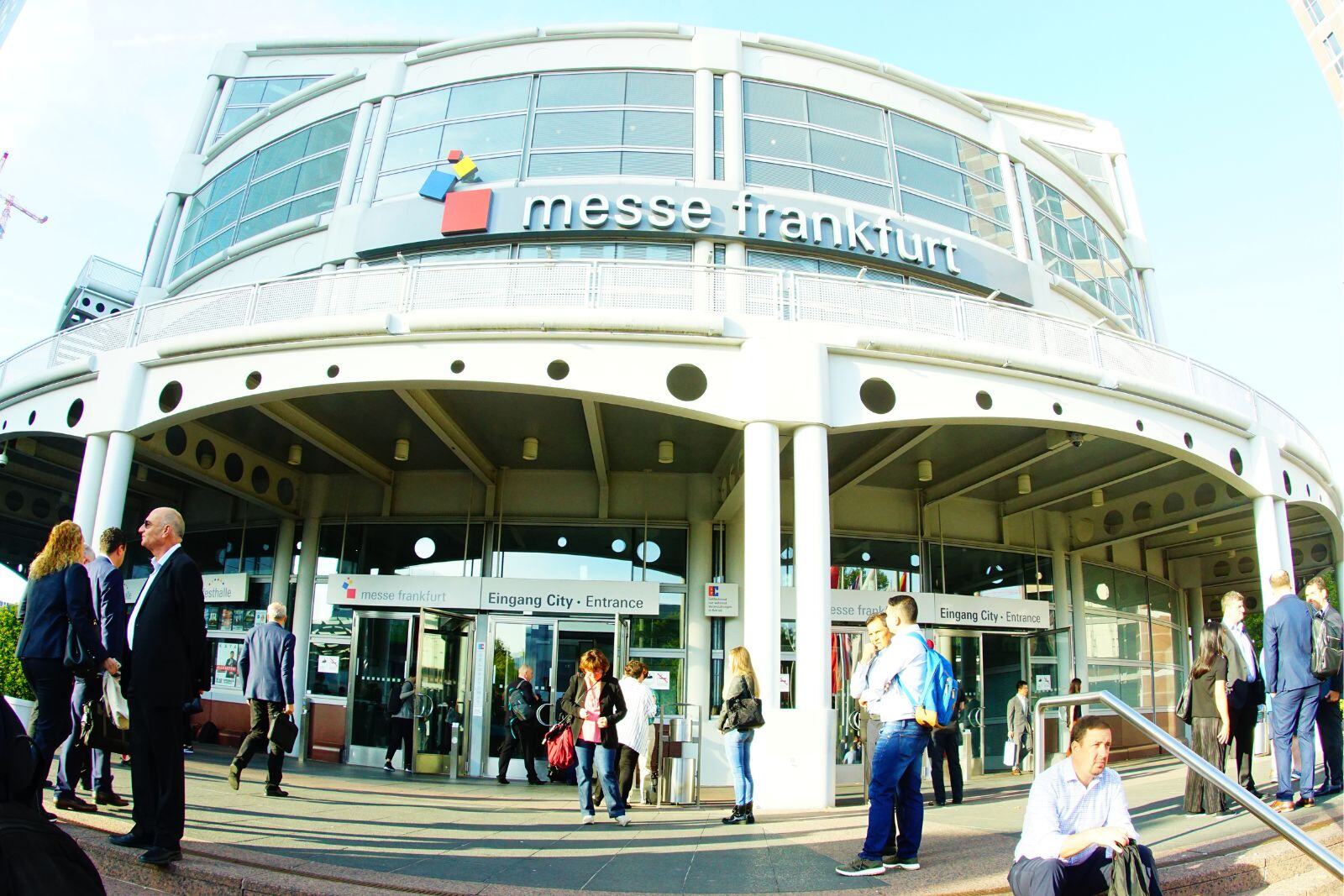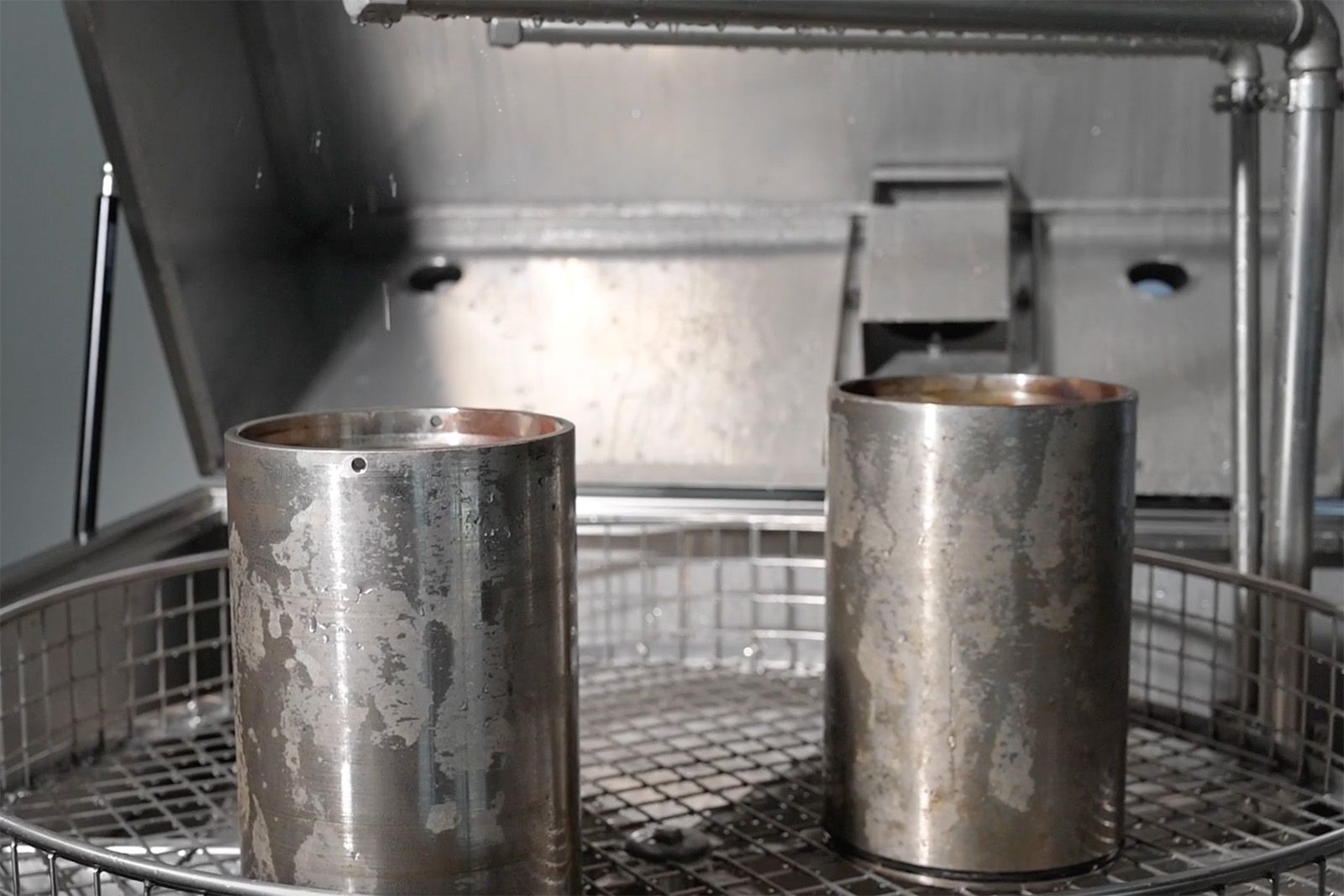Cleaning mechanical, electronic, or plastic parts is becoming an increasingly important phase in companies' production processes. But what exactly should they be cleaned of? In other words, what are the main industrial contaminants? In this article, we will identify, describe, and explain why it is important to remove them.
Greases and Lubricatings Oils
Lubricating greases are mainly used in the automotive sector. These are dense viscous substances used to protect machine gears from water, rust, and reduce friction, which would otherwise lead to wear. Lubricating oils are very similar to greases (as they share the same function) but being much more fluid, they are also less effective.
Regardless of whether it is grease or oil, it is essential to clean the parts to:
- Remove residues from previous processes;
- Prevent issues in the next step;
- Facilitate any subsequent assembly.
This process not only improves the appearance of the part but also increases its quality standards, preventing the piece from damaging the machinery on which they will be placed. For good cleaning, we recommend products like the Washer 1150 – a stainless steel parts washer – and Washer Easy One, a stainless steel Aisi drum washer designed for deep cleaning of drums that contain grease. We have also detailed this topic in this article on waste oil disposal.
Inks and Paints
Industrial paints can be of two types: solvent-based or water-based. The former are liquid enamels and are mainly used for painting surfaces that need high resistance to chemical agents, abrasions, and impacts. For this reason, they are widely used in the automotive and agricultural sectors.
Water-based paints, on the other hand, can create a film resistant to corrosion and maintain color integrity for a long time. Compared to solvent-based paints, they do not contain toxic substances and are therefore not harmful to the environment and human health.

These paints can be applied in two ways: by immersion or using spray guns. In the latter case, it is crucial to clean the guns to remove paint residues that over time could compromise the efficiency of the tool. Effective products for this purpose include the spraygun-cleaner D100, specifically designed for cleaning spray guns in the refinish and industrial painting sectors, and the Top Cleaner 90 Power PM, a parts washer designed for manual cleaning with an applicator brush for small to medium-sized parts.
Resins
Industrial resins are synthetic polymers used in various applications within the manufacturing sector due to their chemical, thermal, and mechanical resistance properties. Resins can be thermosetting, which harden with heat, or thermoplastic, which become moldable at high temperatures and return to solid form once cooled.
They come in various forms, including liquids, gels, and solids, and are used in different processes such as lamination, surface coating, and encapsulation of electronic components. For example, they can be used to produce machine parts or insulating materials.
After application and hardening, resins can leave residues on machinery or worked parts that could interfere with the functionality of components, causing issues such as malfunctions or directly damaging the materials. Cleaning thus becomes essential to maintain optimal performance and ensure that finished products are of high quality and defect-free. For this reason, we recommend the Top High Pressure 110 stainless steel high-pressure parts washer for removing excess resins, designed specifically for high-pressure manual washing of small to medium-sized parts.
Chips
Chips are essentially metal (or wood) residues that form during the production of a part. Cleaning is therefore essential to remove contaminating residues during processing stages. To get rid of these excess elements, we recommend the Eco HP110, a manual stainless steel parts washer capable of defining and removing excess elements formed during the production of a part.

Cleaning mechanical, electronic, and plastic components is not only a necessity but a fundamental step to ensure the efficiency and longevity of industrial machinery. From removing grease, oils, and chips to eliminating inks and paints, each cleaning step significantly contributes to enhancing the final product quality and reducing the risk of malfunctions.





